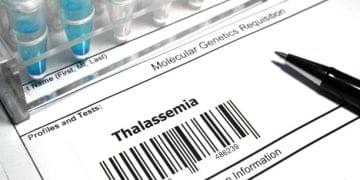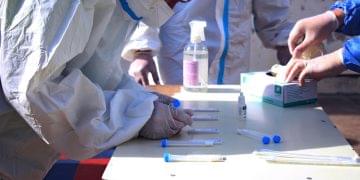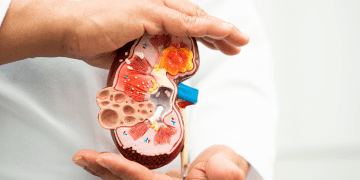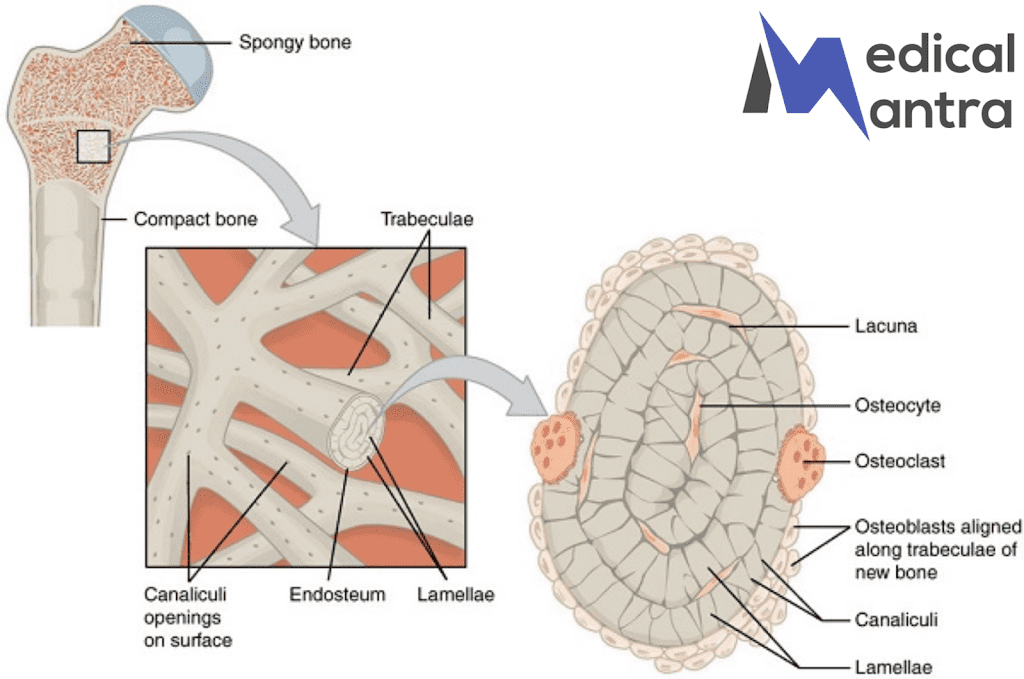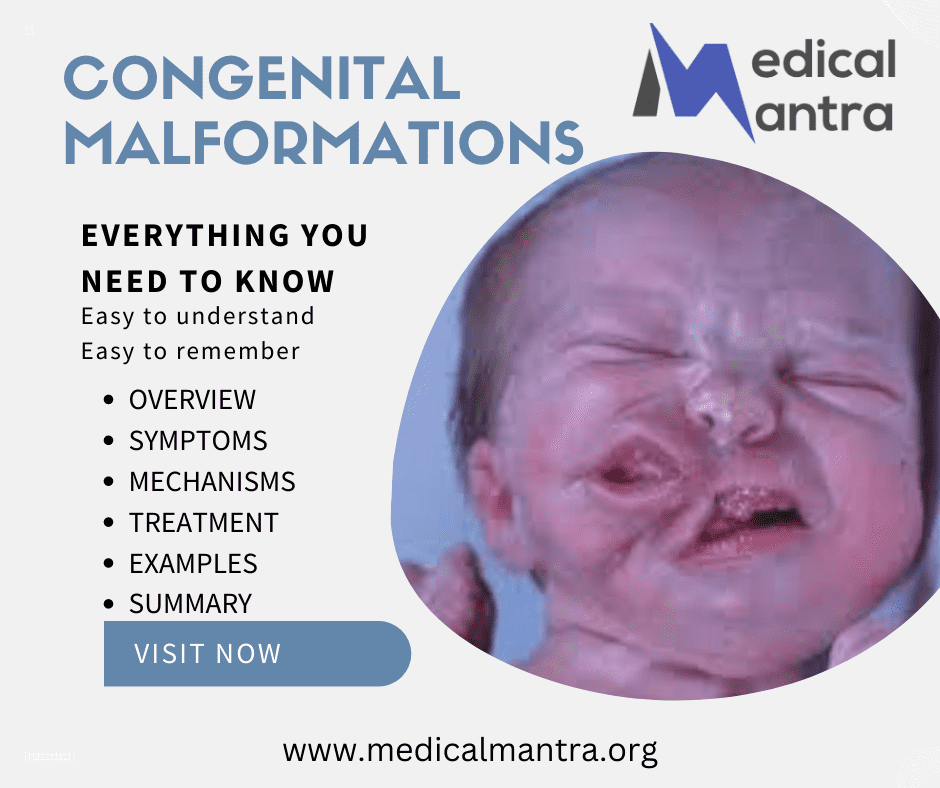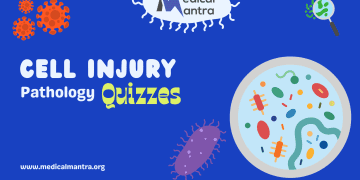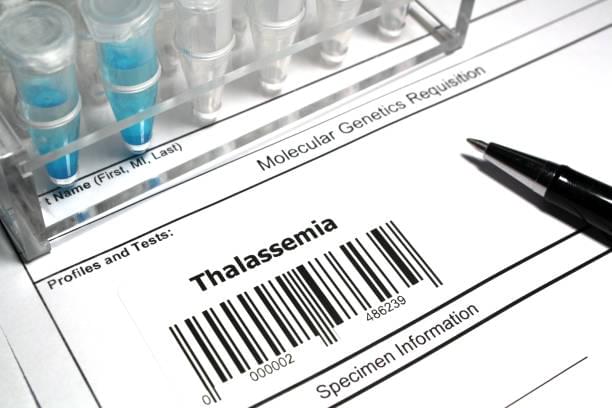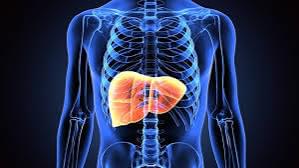What is Adrenogenital Syndrome ?
Adrenogenital Syndrome, also known as congenital adrenal hyperplasia, is a group of inherited disorders that affect the adrenal glands. The adrenal glands are two small glands located above the kidneys, and they produce hormones that regulate many important bodily functions, including blood pressure, electrolyte balance, and the body’s response to stress.
Causes of Adrenogenital Syndrome (congenital adrenal hyperplasia)
- Adrenogenital syndrome results from a genetic defect that affects the synthesis of hormones in the adrenal glands. The most common form of adrenogenital syndrome is caused by a deficiency of the enzyme 21-hydroxylase, also by mutation in gene CYP21A2 which is necessary for the production of cortisol and aldosterone.
- Cortisol is a hormone that helps the body respond to stress and regulates the metabolism of proteins, carbohydrates, and fats. Aldosterone is a hormone that regulates the balance of electrolytes in the body, including sodium and potassium.
- Other less common forms of adrenogenital syndrome are caused by deficiencies in other enzymes involved in the production of cortisol and aldosterone, such as 11-beta-hydroxylase deficiency, 17-alpha-hydroxylase deficiency, and 3-beta-hydroxysteroid dehydrogenase deficiency.
Symptoms of Adrenogenital Syndrome (congenital adrenal hyperplasia)
- In the absence of sufficient cortisol, the body produces more androgens (male hormones), which can cause a range of symptoms, including masculinization of the female fetus during pregnancy, ambiguous genitalia at birth, early onset of puberty, and irregular menstrual periods in women. In males, the excess androgens may cause precocious puberty and enlargement of the penis and testicles.
- The severity of symptoms depends on the degree of enzyme deficiency. Individuals with partial enzyme deficiency may not have any symptoms, while those with complete deficiency may experience life-threatening adrenal crisis.
Diagnosis and Treatment of Adrenogenital Syndrome (congenital adrenal hyperplasia)
- Diagnosis of adrenogenital syndrome is based on a combination of clinical symptoms, hormone tests, and genetic testing. Treatment for adrenogenital syndrome typically involves hormone replacement therapy to replace the missing cortisol and aldosterone, as well as medications to suppress the production of androgens. Surgery may also be necessary in cases of ambiguous genitalia.
- Early diagnosis and treatment are important to prevent complications and promote optimal physical and emotional development. Without treatment, individuals with adrenogenital syndrome may experience infertility, osteoporosis, hypertension, and other health problems. With appropriate treatment, however, most individuals with adrenogenital syndrome can lead normal and healthy lives.


